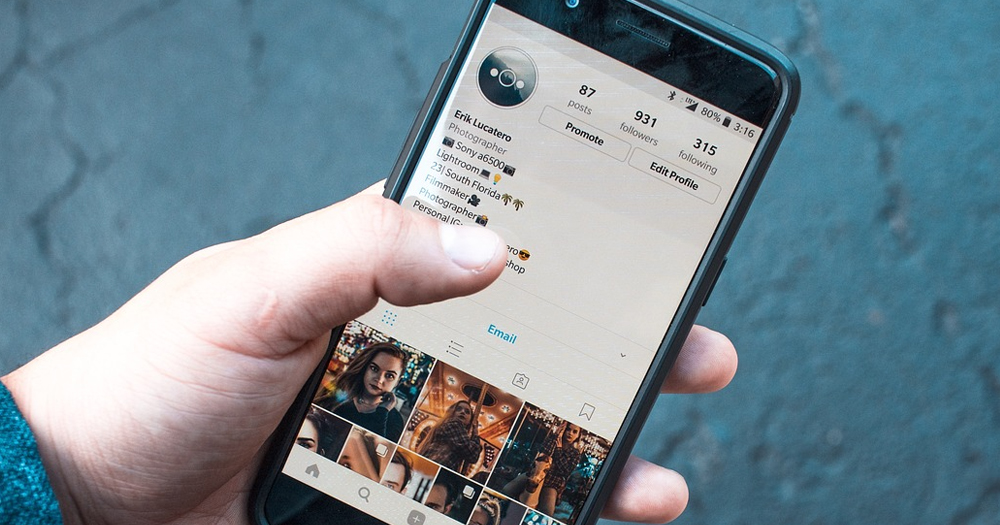Unless you live under a rock, you might have come across expressions online such as ‘Yass, queen’, ‘Slay’ and countless others. No, it’s not innovative or new media slang – quite the opposite. A lot of the trendy language used daily on social media actually originated a long time ago in another, more queer context.
For instance, words like ‘butch’, ‘femme’ and ‘drag’ come from Polari, a type of lavender language, which originated as a way for queer people to identify with one another without being noticed by straight people.
And there are plenty more examples. ‘Slay’ is a very well-known one. The word dates back to ballroom Black and Latinx LGBTQ+ communities.
According to HIV organisation the Burnett Foundation Aotearoa, in the 16th century, ‘slay’ was originally used as “a trendy way to describe impressing someone so much they lose control of their emotions and die, and the word popped back up in the 19th century relating to fashion and ‘dressing to kill’”.
Nowadays, it is used in a broader context, but also refers to this big, almost uncontrollable excitement somebody might spark by their outfit, looks or attitude.
How did these words become so mainstream? Their usage is pretty common, especially among Gen Z and social media. However, a lot of people who are familiar with these terms know little about their origins and their real meaning.
Much of its popularity started thanks to television shows such as Queer Eye or RuPaul’s Drag Race. Over time, expressions that were only used in drag culture spread to a broader audience, and this is why today we regularly hear people referring to how a situation ‘is giving’.
Ver esta publicación en Instagram
However, there are still many queer phrases that have not gained as much popularity but are still interesting to know. For instance, has anybody ever asked you if you are ‘looking’? Do you agree with the statement ‘NPNC’? The first question asks if you are in the mood for having sex at that precise moment. As for ‘NPNC’, it stands for ‘no pic, no chat’.
As the use of queer slang becomes mainstream, two opposing positions emerge: those in favour or against normalising the use of LGBTQ+ language for the rest of the population, especially on social media.
Some might consider that the popularisation of these terms is a step towards inclusivity. The fact that more people adopt them into their daily vocabulary, especially in the online world, promotes empathy towards the community, as well as understanding and acceptance. Something that has in the past been seen as shameful and considered hidden is now being normalised and introduced into daily lives.
However, is everything as marvellous as it seems? Could it be that this vocabulary is only being used because it’s considered to be trendy, moreover, because white heterosexual people are making it popular?
This might be interpreted as a loss of identity, something that has been taken from the community to be consumed by the rest of the population. But the bigger issue here is the misappropriation and the dissociation of those words from their original context and meaning.
The use of queer vocabulary without consideration or knowledge of its real meaning undermines the effort LGBTQ+ people have put into fighting to reclaim a sense of identity and belonging.
This might not sound like a big deal for those who have always felt represented in the mainstream, but how important is it to have the right words to make you feel like you fit into a group? One of the most powerful ways to give somebody a sense of belonging is with language.
However, as language is variable and new words are constantly emerging in any context due to many intertwined cultural, social and economic factors, surely the LGTBQ+ community will continue to come up with new words to differentiate themselves.
© 2024 GCN (Gay Community News). All rights reserved.
Support GCN
GCN is a free, vital resource for Ireland’s LGBTQ+ community since 1988.
GCN is a trading name of National LGBT Federation CLG, a registered charity - Charity Number: 20034580.
GCN relies on the generous support of the community and allies to sustain the crucial work that we do. Producing GCN is costly, and, in an industry which has been hugely impacted by rising costs, we need your support to help sustain and grow this vital resource.
Supporting GCN for as little as €1.99 per month will help us continue our work as Ireland’s free, independent LGBTQ+ media.
